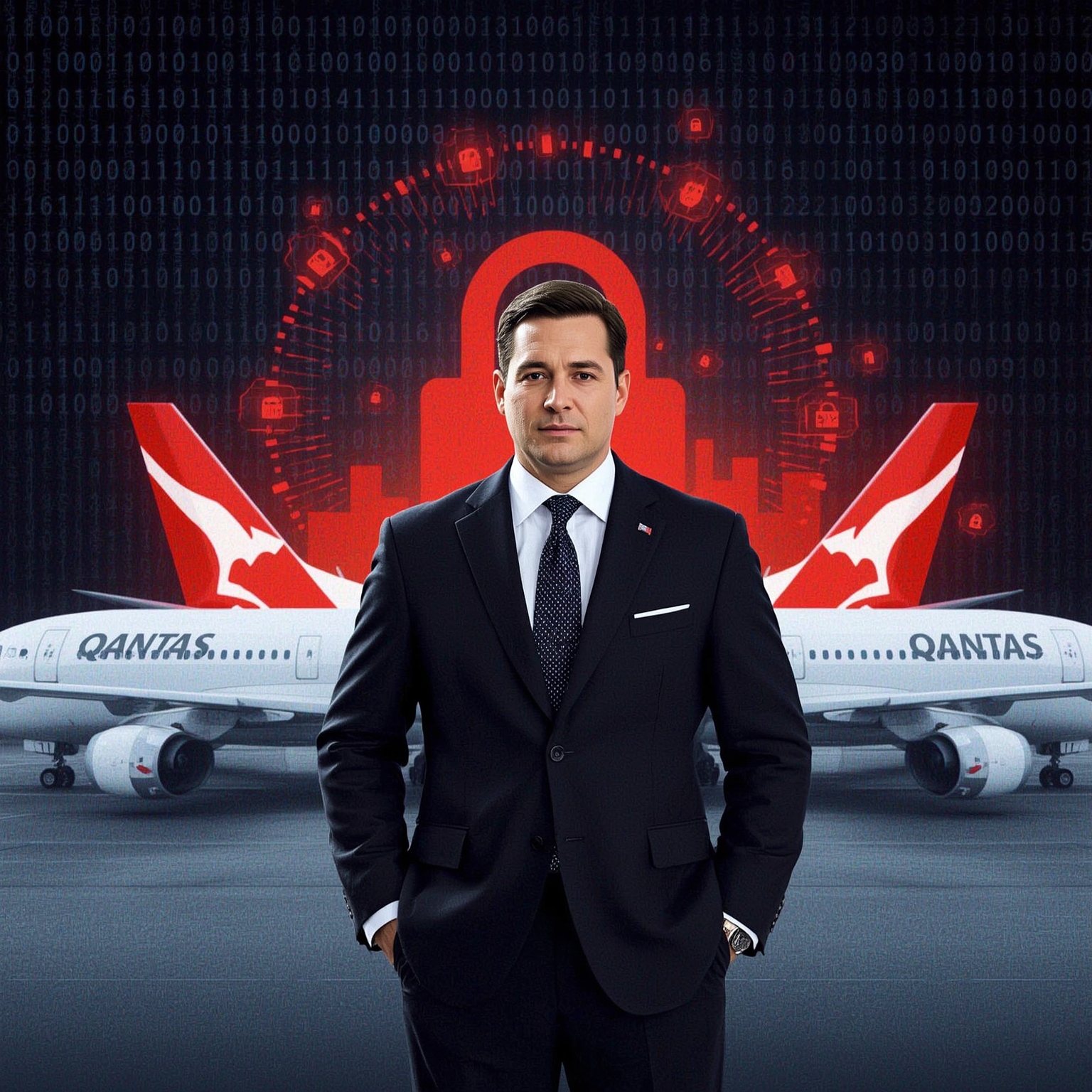Qantas Airways has announced a decisive and highly symbolic measure in response to one of the most serious cybersecurity breaches in its history. After a large-scale cyberattack compromised the sensitive data and personal details of millions of its customers, the airline has chosen to hold its most senior leaders directly accountable in a very public way. CEO Vanessa Hudson, along with her closest circle of top executives, will forfeit a combined sum of $522,000 in pay. This financial penalty, though smaller when compared to the immense scale of the breach itself, represents a powerful gesture intended to communicate to both the public and the broader corporate world that leadership cannot remain detached or insulated from the consequences of cybersecurity failures.
The decision by Qantas does not merely involve a financial deduction; it constitutes a strong ethical and governance statement. It underscores that organizational security is not simply the domain of technical teams or mid-level managers, but rather, a critical dimension of executive responsibility at the very highest levels of the corporate hierarchy. In today’s digital era, where airline companies handle enormous volumes of customer data and rely heavily on interconnected IT systems, resilience against cyber threats has become inseparable from operational integrity and brand trust. By docking executive pay, Qantas signals that leaders themselves must share responsibility when protective systems collapse, thereby challenging the historically common narrative in which accountability is pushed downwards toward employees instead of upwards to decision-makers.
This disciplinary action also serves an important communicative function outwardly. For shareholders, regulators, aviation stakeholders, and customers watching closely, it illustrates that governance mechanisms at Qantas are being redefined to align with modern threats. It acknowledges that cybersecurity now ranks alongside safety, financial stability, and customer care as one of the foundational pillars of airline management. Moreover, it raises an important conversation across industries: should executive compensation be deliberately tied to the strength or weakness of corporate cybersecurity performance? Many experts argue that attributing real consequences to leadership is necessary if organizations wish to embed long-term resilience and demonstrate genuine integrity in the face of intensifying digital risks.
Furthermore, the move carries a symbolic weight in the broader aviation sector, which has increasingly become a prime target for cybercriminal activities ranging from data theft to large-scale system paralysis. In this highly interconnected space, Qantas’s bold step could set a precedent, encouraging other airlines and large corporations to embed explicit accountability measures into their governance structures. Whether one interprets this pay forfeiture as a warning, a deterrent, or a constructive corrective measure, the message is clear: leadership in the digital age extends far beyond boardroom strategy—it requires tangible ownership of the risks that define contemporary business reality.
In short, Qantas has initiated more than a financial sanction; it has redefined the expectations of accountability. By binding executive responsibility directly to cybersecurity outcomes, the airline reinforces the idea that trust, resilience, and transparency must be actively safeguarded at the top. This decision resonates far beyond the airline itself, providing a compelling example of how modern organizations may evolve governance systems to meet the unprecedented challenges posed by today’s digital landscape.
Sourse: https://www.bloomberg.com/news/articles/2025-09-05/qantas-ceo-top-executives-lose-522-000-in-pay-for-cyberattack



